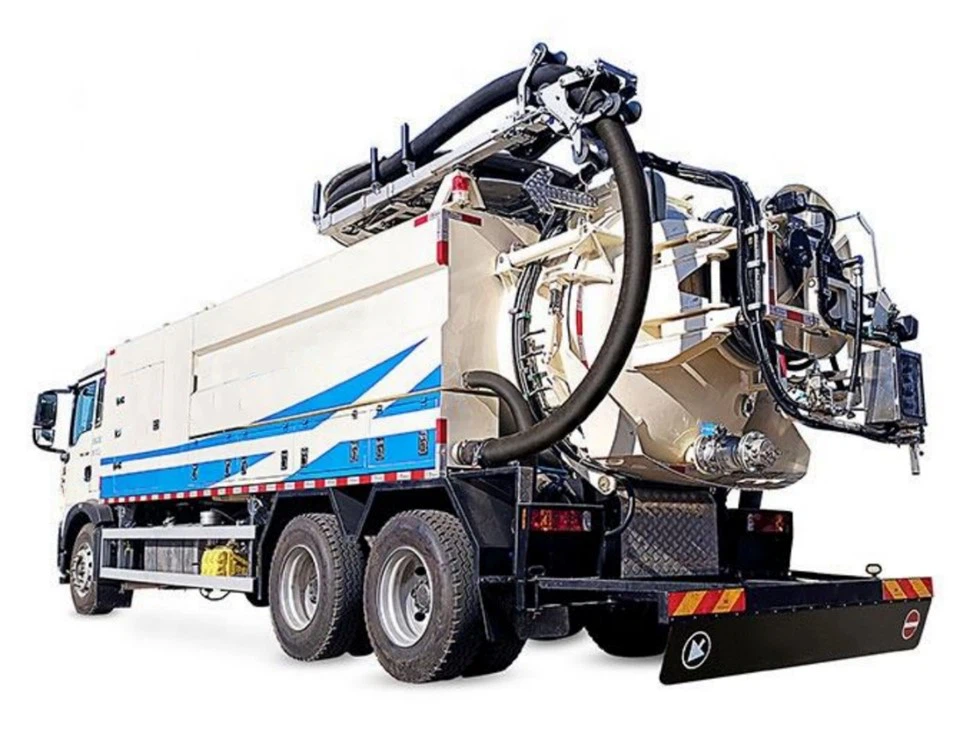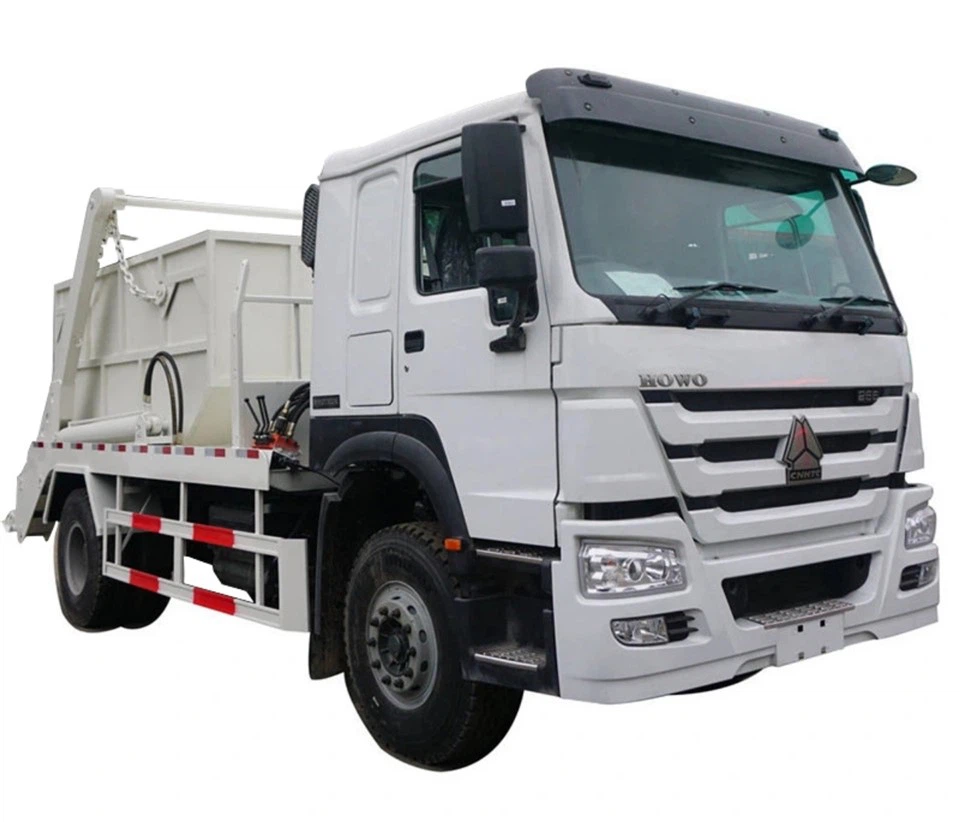Crew Cab Truck vs Double Cab: A Comprehensive Comparison

Choosing the right truck can be a daunting task, especially when there are various cab configurations available in the market. Among the most popular options are crew cabs and double cabs. In this article, we will delve into the differences between these two cab styles, helping you make an informed decision based on your needs and preferences.
Understanding Cab Styles in Trucks
When it comes to trucks, the cab style significantly impacts functionality, comfort, and versatility. Cab styles generally refer to the size and layout of the cab, which houses the driver and passengers. Two commonly compared styles are crew cabs and double cabs.
Crew Cab Overview
Definition of a Crew Cab
A crew cab features four full-sized doors and ample space for both passengers and cargo. Typically, crew cabs are designed to comfortably seat five to six passengers with a spacious back seat area. These trucks are often used for both personal and commercial purposes due to their versatility.
Features of Crew Cabs
- Space: Maximum passenger space with significant legroom.
- Storage: Increased storage capacity behind the rear seats.
- Accessibility: Four full-sized doors make it easy to enter and exit the back seat.
Double Cab Overview
Definition of a Double Cab
The double cab configuration also includes four doors but typically features smaller rear doors compared to the crew cab. Double cabs are generally designed to accommodate four to five passengers. They are often used by individuals who need a truck for work or personal tasks but do not require the extensive space that crew cabs offer.
Features of Double Cabs
- Compact Size: Smaller rear doors allow for a more compact design.
- Cost-Effective: Usually less expensive than crew cabs while still providing adequate passenger space.
- Versatility: Good balance between passenger comfort and cargo space.
Comparative Analysis: Crew Cab vs Double Cab
Space and Comfort
When comparing crew cabs and double cabs, one of the most significant differences is the space available for passengers. Crew cabs provide more room for both front and rear passengers. In contrast, double cabs, while still roomy, may feel more cramped for taller passengers in the back seat.
Table 1: Space Comparison
| Criterions | Crew Cab | Double Cab |
|---|---|---|
| Passenger Capacity | 5-6 | 4-5 |
| Rear Legroom | More spacious | Less spacious |
| Entry Ease | Easy with large doors | Moderate with smaller doors |
Storage and Utility

Crew cabs generally have an advantage when it comes to storage solutions. With larger rear seat areas, they can accommodate bigger storage compartments. On the other hand, double cabs may offer a slightly larger cargo bed space due to their overall shorter cabin size.
Table 2: Storage Comparison
| Criterions | Crew Cab | Double Cab |
|---|---|---|
| Rear Storage Space | More storage behind seats | Limited storage |
| Cargo Bed Length | Shorter | Longer in some models |
Price Considerations
In most cases, crew cabs tend to be more expensive than double cabs. The price difference can vary based on the make, model, and additional features. Therefore, it’s advisable to consider budget constraints when choosing between the two options.
Performance and Handling
Both crew cabs and double cabs can handle similar driving conditions, but handling might differ slightly. Crew cabs are typically heavier due to their larger size, which can affect fuel efficiency. Meanwhile, double cabs usually provide slightly better maneuverability because of their more compact design.
Table 3: Performance Comparison
| Criterions | Crew Cab | Double Cab |
|---|---|---|
| Driving Experience | Stable but heavier | More agile |
| Fuel Efficiency | Less efficient | More efficient |
Target Audience for Each Cab Style
Crew Cab Audience
Crew cabs are ideal for families who prioritize passenger comfort or individuals who require significant seating for work-related scenarios, such as contractors who often travel with teams. They are well-suited for outdoor adventures, tailgating activities, and situations requiring multiple passengers.
Double Cab Audience
Double cabs fit those who require a practical yet less spacious truck. They are great for single users or small families and are often chosen by tradespeople who need to transport tools or equipment while occasionally needing extra passenger space.
Real-World Examples
Example 1: Choosing a Crew Cab
A construction manager frequently travels with a crew of workers to various job sites. A crew cab would be the preferable choice in this case, allowing for easy access to the rear seats while providing enough space for tools in the back seat area.
Example 2: Choosing a Double Cab
A landscape designer may opt for a double cab truck. It provides enough seating for clients during consultations while maintaining a bulkier cargo bed for hauling tools and plants to various locations.
What to Consider When Choosing Between Crew Cab and Double Cab
Personal Needs
Assess your driving habits and the typical number of passengers you carry. If you often drive with family or friends, a crew cab is likely better suited to your needs.
Budget Limitations
If budget is a concern, exploring the price difference between crew cabs and double cabs can be essential. Double cabs usually offer better starting prices and may have lower insurance rates.
Usage Scenarios
Consider how you plan to use the truck. Do you need to haul large items frequently, or will you primarily use it for commuting? Understanding your primary use can help you make a more effective choice.
FAQ Section
1. What are the main differences between crew cab and double cab trucks?
The main differences lie in passenger space and door sizes. Crew cabs typically feature larger rear doors and offer more overall passenger space than double cabs, which usually have smaller rear doors and slightly less room.
2. Are crew cabs more expensive than double cabs?
Generally, crew cabs tend to be more expensive due to the increased size and additional features. However, price differences vary based on options and models.
3. Can both cab styles handle heavy loads?

Yes, both crew cabs and double cabs are designed to handle significant loads effectively. The choice between the two typically affects passenger capacity rather than hauling capabilities.

4. Which cab style is better for families?
A crew cab is usually the better option for families because of the increased passenger space and comfort it offers, making it easier for families to travel together.
5. Is fuel efficiency better in double cabs?
While it can vary by model, double cabs typically have better fuel efficiency compared to crew cabs due to their lighter weight and more compact size.
6. Do crew and double cabs affect resale value differently?
Both styles can retain their resale value well, but crew cabs often have a higher resale value, as they are more popular among family-oriented buyers.
